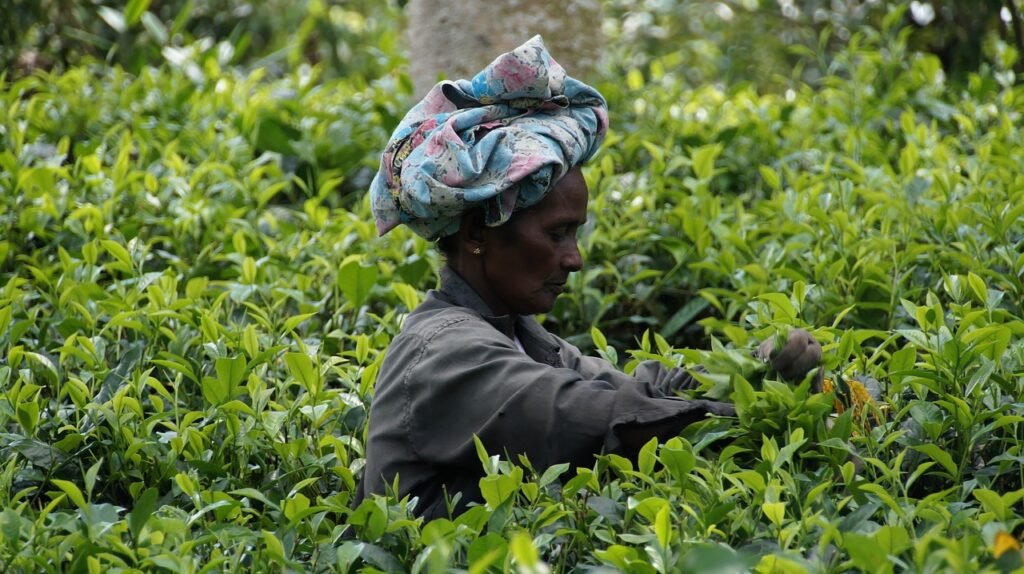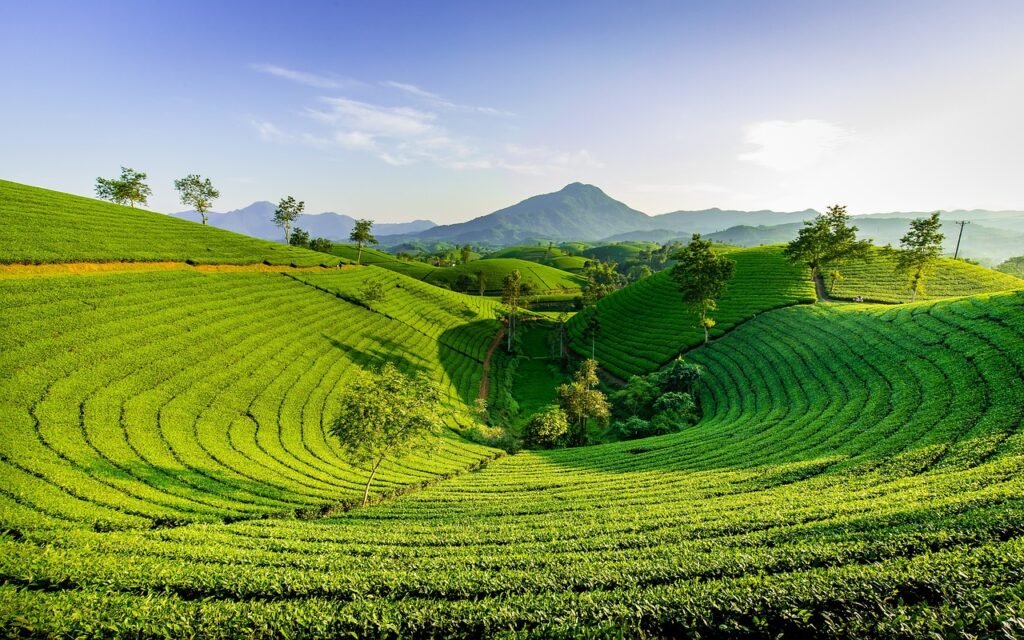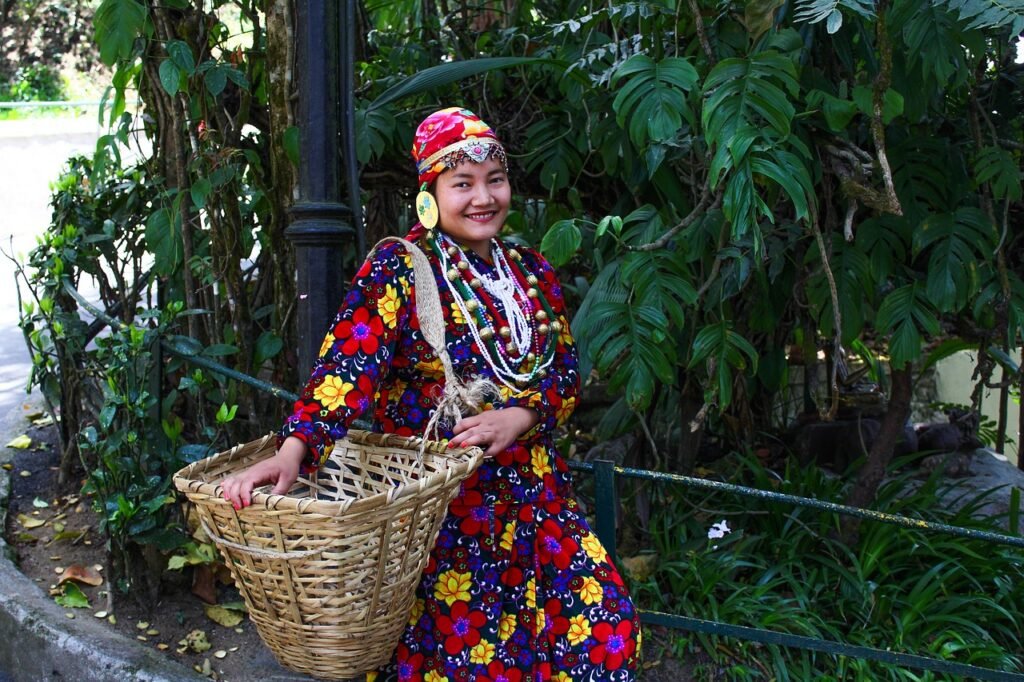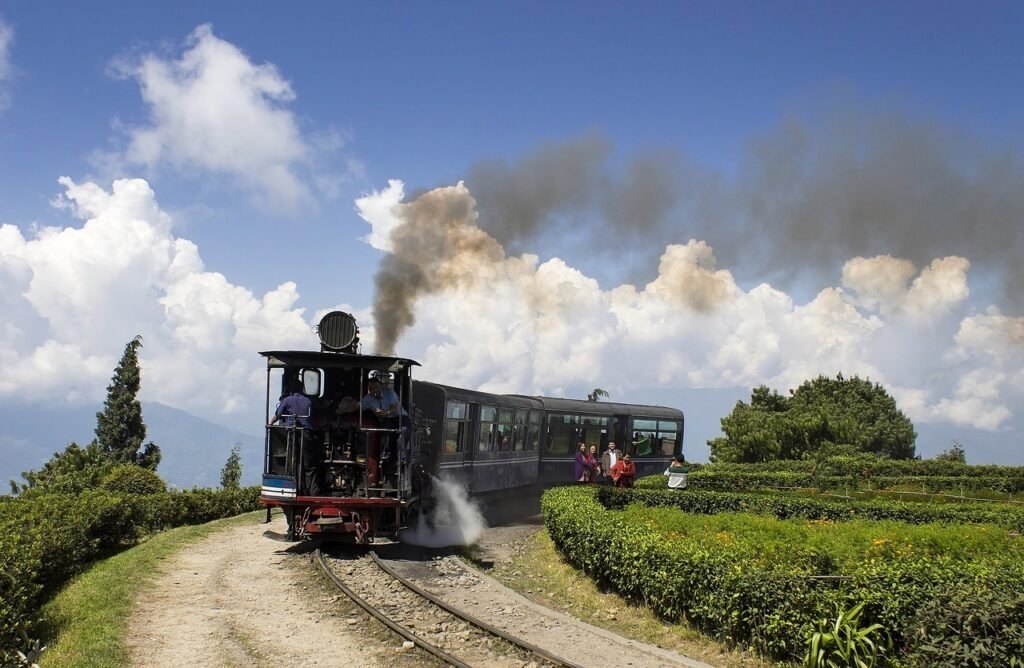Tea tourism is rapidly gaining popularity among travelers seeking unique cultural experiences and a deeper connection with their favorite beverage. From the lush hills of Sri Lanka to the picturesque landscapes of Japan, tea plantations worldwide offer immersive experiences that blend history, tradition, and the artistry of tea cultivation. This article explores the rise of tea tourism, highlighting key destinations and the enriching experiences they offer.
The Origins of Tea Tourism
Tea tourism can be traced back to the historical significance of tea in various cultures. As tea became a global commodity, its journey from plantation to teacup intrigued many. The desire to understand this journey led to the growth of tea tourism, where enthusiasts visit plantations to witness the cultivation, harvesting, and processing of tea leaves. This trend offers a unique opportunity to appreciate the craftsmanship behind every cup of tea and to learn about the cultural heritage associated with it.

Key Destinations for Tea Tourism
1. Sri Lanka
Known for its high-quality Ceylon tea, Sri Lanka is a top destination for tea tourism. The country’s central highlands, particularly the regions of Nuwara Eliya, Kandy, and Ella, are dotted with picturesque tea estates. Visitors can explore the lush green plantations, participate in tea plucking, and visit tea factories to learn about the processing methods. The breathtaking scenery, combined with the rich history of Sri Lankan tea, makes it a must-visit destination for tea enthusiasts.
2. Japan
Japan offers a unique tea tourism experience, centered around its traditional tea culture. The regions of Shizuoka and Uji are renowned for their green tea production. Visitors can tour tea gardens, observe the meticulous process of hand-rolling tea leaves, and participate in traditional tea ceremonies. The Japanese tea experience is deeply rooted in Zen philosophy, offering a tranquil and meditative journey into the world of tea.
3. China
As the birthplace of tea, China offers diverse tea tourism experiences across various provinces. Yunnan, Fujian, and Zhejiang are prominent tea-growing regions where visitors can explore ancient tea plantations and learn about different types of Chinese tea, such as Pu-erh, Oolong, and Longjing. The rich cultural heritage, combined with the breathtaking landscapes of these regions, provides a profound understanding of China’s tea legacy.
4. India
India, one of the largest tea producers in the world, offers vibrant tea tourism experiences. The regions of Darjeeling, Assam, and Nilgiri are famous for their distinct tea varieties. Visitors can tour expansive tea estates, witness the intricate process of tea production, and enjoy tea tasting sessions. The scenic beauty of these regions, coupled with the rich history of Indian tea, creates an unforgettable experience for tea lovers.

The Tea Tourism Experience
Tea tourism is more than just visiting plantations; it encompasses a range of activities that provide a holistic understanding of tea culture. These activities often include:
- Tea Tasting: Sampling different types of tea to appreciate their unique flavors and aromas.
- Tea Ceremonies: Participating in traditional tea ceremonies that highlight the cultural significance of tea.
- Workshops: Attending workshops on tea blending, brewing techniques, and tea appreciation.
- Culinary Experiences: Enjoying tea-infused culinary delights and learning about tea pairings with food.
- Cultural Tours: Exploring the local culture and traditions associated with tea, including visits to tea museums and historical sites.

The Impact of Tea Tourism
Tea tourism has a positive impact on local communities and the tea industry. It promotes sustainable tourism practices, provides economic benefits to tea-growing regions, and fosters a deeper appreciation for tea culture. By connecting consumers directly with tea producers, tea tourism encourages ethical and sustainable practices in tea cultivation and production.
Final Word
The rise of tea tourism reflects a growing interest in the cultural and historical aspects of tea. By exploring tea plantations worldwide, travelers can gain a deeper appreciation for the artistry and tradition behind every cup of tea. Whether it’s the rolling hills of Sri Lanka, the serene tea gardens of Japan, the ancient plantations of China, or the vibrant estates of India, tea tourism offers a rich and immersive experience that celebrates the global legacy of tea.
MEDICAL DISCLAIMER
Itsnevernotteatime.com cannot and does not contain medical/health advice. The medical/health information is provided for general and educational purposes only and is not a substitute for professional advice.




